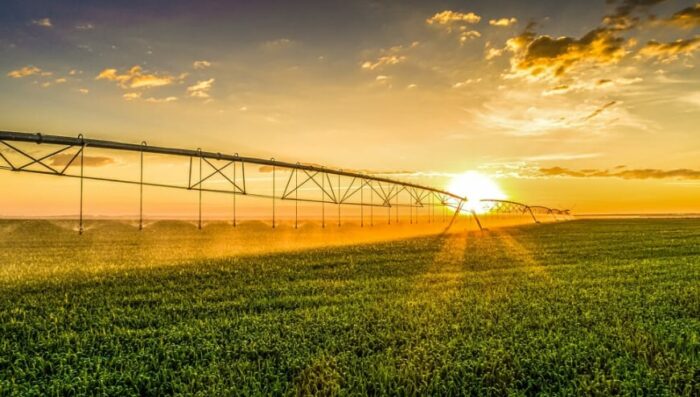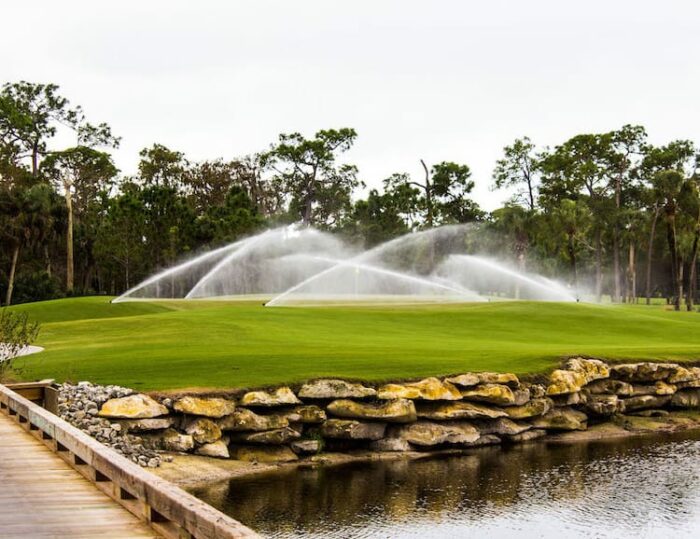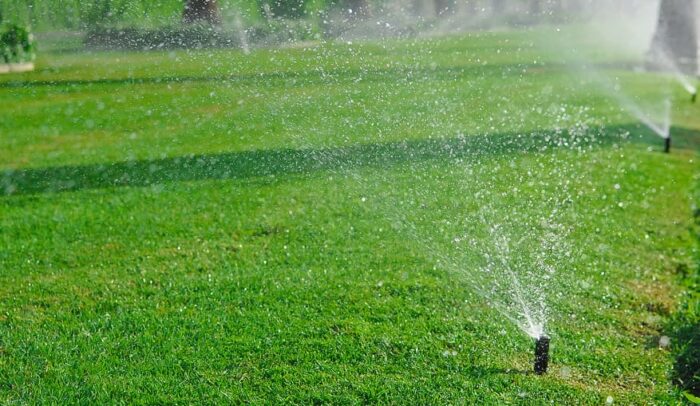Saving water is an important aspect of climate change and global warming. Our natural resources are drying up, and finding ways to eliminate water wastage is a top priority for everyone.
Water wastage is one of the reasons why our natural resources are limited.
But what about those areas that need water the most? Such as the agriculture industry, which requires large volumes of water to grow crops and continue to keep plant life alive.
To find out how you can keep reducing water waste, read further to get more information.
The Importance of Sustainable Irrigation Practices

Sustainable irrigation is important for the most important factor in our lives- agriculture as we rely on the industry for a steady supply of food. Efficient agricultural practices help to keep crops growing, and the irrigation process is needed as crops need a lot of water to grow.
Without the irrigation process, crops will die, and we will have no food supply. This is why reducing water usage but still providing crops with the necessary amount of water to grow is a better way to continue the irrigation process.
This is why sustainable irrigation practices are the answer to keeping farming active and meeting the food demand.
Sustainable Irrigation Practices That Landscapers Can Use

Here are a few sustainable irrigation practices that landscapers can use to reduce water waste.
Soil Moisture Sensors
For your plants to grow healthily, you need to ensure that there is enough moisture in your soil. Using soil moisture sensors can help you receive accurate information about the water level in your soil.
This will prevent you from overwatering your soil, drowning your crops, or giving too little water, thinking that the soil has enough moisture.
You can install these sensors in different soil depths to get real-time data readings of the moisture content sent to your irrigation system.
An added perk to having these sensors installed is that, based on the readings, the system can adjust the watering schedule to meet the needs of the crops providing efficient water usage.
Native and Drought Tolerant Plants
To save on the water you use for your crops or plants, it is wise to have native or drought-tolerant plants, as these can significantly impact your water usage.
Planting native or drought-tolerant plants will reduce the need for excess watering, making it easier to save water.
Rainwater Harvesting
Collecting rainwater can be another cost-effective solution to saving water and also avoiding water from going to waste.
The water that has been harvested can be used to water plants and crops and avoid having to use freshwater sources to keep the crops watered.
Using buckets and barrels with lids to catch and hold water can be ideal for those dry periods.
Weather-Based Controllers
Adding these weather-based controllers can assist in how well your irrigation system monitors the watering of your crops.
These controllers use the weather data such as rainfall, humidity and temperature to adjust the watering schedule.
This smart solution ensures that your watering system efficiently controls water wastage.
Mulching
This involves applying a layer of organic materials around plants. These can consist of leaves, wood chips, or straw.
The technique provides a protective layer to help retain the moisture within the soul and lessen the effect of evaporation.
It can help curb unwanted weed growth, which can add to needing water to grow, requiring more water absorption.
Using mulch can help you conserve water and improve your soil’s overall health.
Drip Irrigation Systems
This is one of the most effective irrigation systems that will deliver water straight to the roots of your plants, which will minimise runoff and evaporation.
The drip irrigation system consists of small tubes with emitters that release water slowly and consistently.
Use proper maintenance and regular inspection
Proper maintenance and regularly inspecting your irrigation system is important to ensure that you are using water efficiently.
Checking for leaks, any damaged tools or sprinkler heads being misaligned. Fixing these issues will ensure you do not waste water and have your irrigation system work optimally.
Adjusting your watering system to the seasons is another way to stop overwatering in winter or underwatering your crops and plants in the summer.
Conclusion

Using sustainable irrigation practices such as installing soil moisture sensors, harvesting rainwater, mulching, using drip irrigation systems, installing weather-based controllers, planting native and drought-tolerant plants and doing proper maintenance and regular inspection can help you reduce water waste but still, keep your crops growing.
Always check that you are looking for new and smart ways to practice irrigation sustainably.
For more information on how you can use irrigation practices responsibly, you can visit http://www.homecrux.com
 Jessica Paster The Future is Green
Jessica Paster The Future is Green